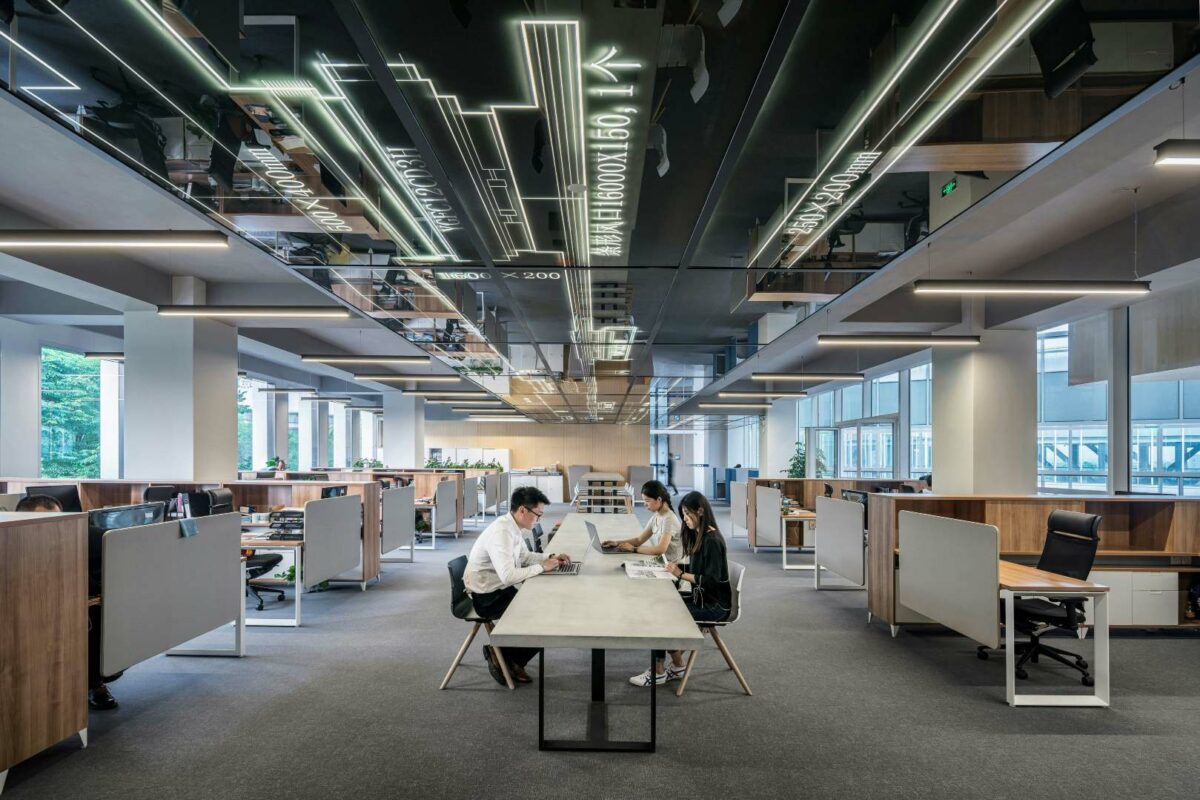Over the past 18 months, the construction industry has been scrutinised more than ever. The Grenfell disaster and Carillion’s liquidation not only sparked government inquiries, but also prompted the sector to analyse the way companies operate and its culture as an industry.
Grenfell and Carillion both highlighted unsustainable and dysfunctional elements of the construction industry, despite being very different in nature.
Construction News has stated that low contractor margins and tight public-sector budgets have formed huge pressure to cut programmes and costs, which could ultimately be detrimental to projects. Subcontractors in the meantime continue to face vast challenges as a result of poor payment practices.
Furthermore, the two events have laid bare the human side of the construction industry – both in terms of the communities it serves and the workforce it employs. Thankfully when it comes to the workforce, mental health is a vital area that is finally starting to receive the attention it needs.
According to a report entitled ‘Added Value: Mental Health as a Workplace Asset’, people living with mental health problems contribute an estimated £226 billion gross value (that’s 12.1%) to the UK GDP.
The construction industry alone is said to have one in six employees experiencing depression, anxiety or other stress-related problems. Male construction workers are also found to be at the greatest risk of suicide compared to any other profession in the UK.
James Rudoni, Managing Director of construction industry charity Mates in Mind, says, “There are still many changes needed to tackle this complex challenge, given the stigma typically associated with it. We have undoubtedly seen a shift in the last couple of years, as the impact of poor mental health on the industry is better recognised.
“To some extent, the wider societal context with celebrities and even royalty sharing their stories has pushed it up the agenda, making it harder for businesses to ignore. However, there is still reservation expressed by some senior leaders.
“Organisations often need a helping hand, to give them the confidence in starting their own conversations. In some cases, this has come about because of a suicide within a team, and the sense of frustration that colleagues would have helped if they had been aware.”
Indeed, an illuminating study by the CDC (Centers for Disease Control and Prevention) found that the construction industry exhibits many common risk factors that are associated with feelings of helplessness. These include…
· Competitive, high-pressure work environment
· High prevalence of alcohol and substance abuse
· End-of-season layoffs
· Separation from family
Yet a 2018 survey by Construction News also highlights the stigma that is still all too present around mental health, no doubt exacerbating the issues at stake. While 30% of respondents have taken time off due to mental health issues or stress, 63% of these respondents did not tell their employer the reason for their absence.
More worrying still, 24% of participants considered taking their own life, a figure which rose to 32% from respondents working for companies that employ fewer than 100 staff.
James Rudoni, from Mates in Mind, adds, “We are encouraging organisations to recognise how they can improve and sustain mental wellbeing within their workplaces. By cultivating environments where individuals feel able to talk about their mental wellbeing, together we can work to overcome the stigma and silence, which can either delay or altogether prevent people from getting the support they may need in a timely manner.”
Historically there is a lot of machismo that surrounds the construction industry, but as we enter 2019 it’s surely more important than ever that we work towards breaking down the taboos around mental health problems in the workplace. We need to put mental health at the forefront of the agenda.
Find more content on mental health here.
Kim Morgan is Head of Environmental and Sustainability at BW, the fit out and refurbishment expert. BW continues to ensure that its working environment is as stress free as possible and has extended its partnership with Rethink, its nominated charity. Rethink continues to provide support and information to thousands of people affected by mental illness and their carers, as well as campaigning to change policy and public attitudes.
Content Team
Work in Mind is a content platform designed to give a voice to thinkers, businesses, journalists and regulatory bodies in the field of healthy buildings.




